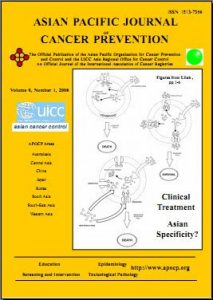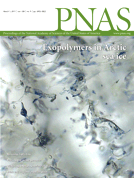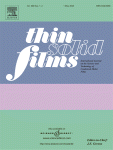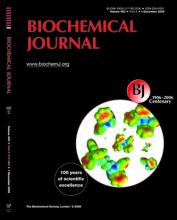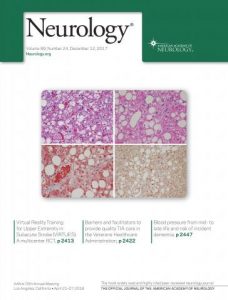 A 2016 case study in Neurology exploring a “mystery case” has been retracted because four figures had already been published in a 2012 article.
A 2016 case study in Neurology exploring a “mystery case” has been retracted because four figures had already been published in a 2012 article.
The two papers have three authors in common, but according to the retraction notice, none could explain the duplicate publication. The notice states that Pierre Labauge, the corresponding author on the 2012 paper and the last author on the Neurology paper, said he “did not remember the first paper” when revising the recent one. Continue reading Paper retracted when co-author forgets he had published a figure before
